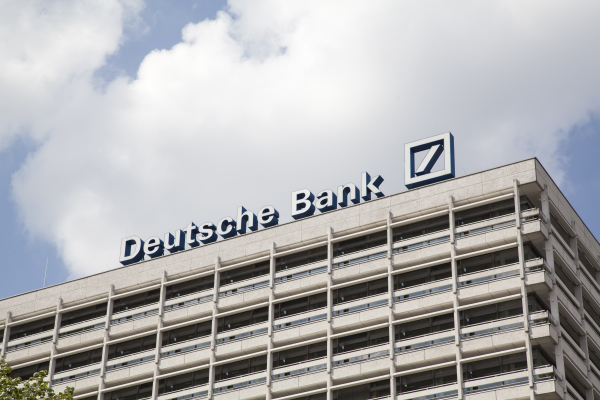Deutsche Bank’s new research on Germany’s latest energy transition monitoring report, unveiled by the federal ministry for economic affairs and energy (BMWE), shows that Berlin is not reversing course but shifting priorities toward cost efficiency.
The report underscores the need for better synchronization between renewables, grids, storage, and demand. Policymakers warn that social acceptance could erode if costs rise sharply or if the energy transition becomes overly dependent on rigid regulatory measures.
As SteelOrbis reported previously, German economy and energy minister Katherina Reiche presented 10 proposals for strengthening business and competition, building on the report.

Electricity demand outlook and scenario analysis
Germany’s electricity consumption forecasts have been revised downward. Demand is now expected to total 520 TWh by 2025, compared to earlier estimates of 750 TWh by 2030.
Four factors will shape future demand: digitalization, electrification of transport, heating, and industrial processes. While the first three remain strong, industrial electrification is uncertain due to competitive pressures and high costs.
The government distinguishes between normative scenarios (climate-target driven) and exploratory scenarios (trend-based). Most exploratory paths do not foresee climate neutrality by 2045, exposing the gap between political ambition and practical trajectories.
Emphasis on market instruments and cost efficiency
A key shift is reduced reliance on fixed subsidies and a stronger role for market mechanisms. For example, feed-in tariffs for small PV installations are expected to be phased out as they become economically viable on their own.
The report also proposes capacity-based grid charges and regionally differentiated incentives to ease grid congestion more effectively.
Importantly, achieving net zero by 2045 will likely require emerging or politically sensitive technologies such as carbon capture and storage and advanced nuclear research.
Outlook
Deutsche Bank analysts view this cost-efficiency emphasis as a necessary recalibration. Germany’s strategy now focuses on demand-driven, economically rational measures to sustain momentum toward net zero.
Photovoltaics are expected to remain the fastest-growing renewable source, battery storage investments will accelerate, and grid expansion will form the backbone of the transition. Both excessive subsidies and regulatory overreach are seen as unsustainable, making market-based tools central to Germany’s long-term climate strategy.